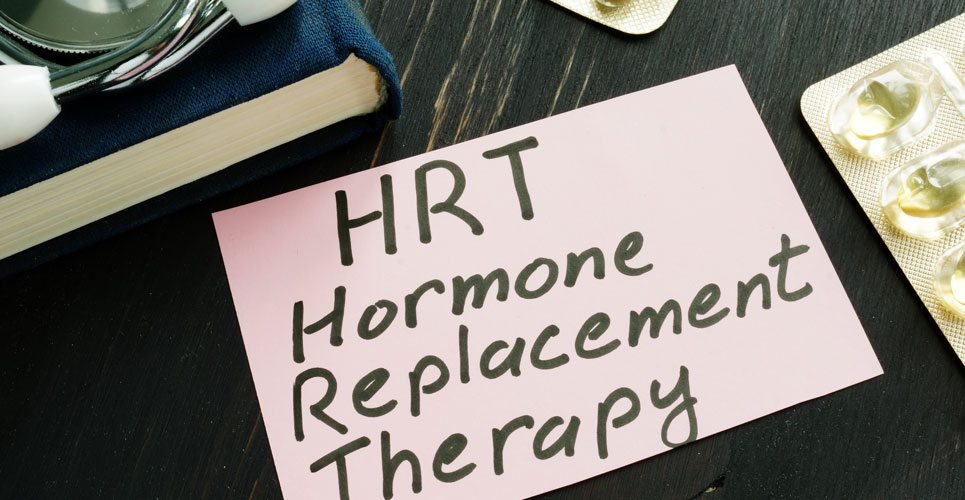Oestrogen supplementation given to postmenopausal women have been to be associated with reduced mortality risk from COVID-19
Oestrogen supplementation in the form of hormone replacement therapy (HRT) given to postmenopausal women is associated with a reduced mortality risk from COVID-19. This was the finding of an analysis by a team from the Department of Surgical and Peri-operative Sciences, Umeå University Faculty of Medicine, Umeå, Sweden.
Prior studies have revealed how the prevalence of symptomatic COVID-19 is higher in men than in women. Interestingly, a similar pattern has been observed with severe acute respiratory syndrome, with one analysis also finding that males were more severely affected by the disease than females. Such data clearly highlight an important biological difference in susceptibility to infection with both viruses although the precise reason for this difference is uncertain.
One possible factor is the female hormone oestrogen. In an effort to better understand the effect of this hormone and how it might affect COVID-19-related mortality, the Swedish team examined the outcomes for women either with augmented or reduced levels of oestrogen. They used a retrospective design to explore data held in a national register and included postmenopausal women aged 50 to 80 years of age. These individuals were then stratified into three groups: group 1 (decreased oestrogen, e.g., prescribed tamoxifen, fulvestrant or an aromatase inhibitor); group 2 (oestrogen supplementation with HRT) and finally a native oestrogen group which served as a control, including women without either breast cancer treatment or any prescriptions for HRT. The primary outcome of interest was COVID-19 mortality and the result was adjusted for several covariates including a co-morbidities index, income and education levels.
Oestrogen supplementation and COVID-19 mortality

A total of 14,685 women with a mean age of 62.1 years, of whom 227 received oestrogen reducing treatment and 2,535 received HRT were included in the analysis. Women receiving oestrogen reducing therapy were slightly older (mean age 64.4 years) had a higher mean co-morbidity index.
Reducing oestrogen levels was associated with an increased mortality risk from COVID-19 (odds ratio, OR = 2.25, 95% CI 1.51 – 3.65). However, after adjustment, this effect was no longer significant (OR = 1.21, 95% CI 0.74 – 1.98). In contrast, oestrogen supplementation was associated with a decreased odds of COVID-19 mortality, even after adjustment (OR = 0.47, 95% CI 0.34 – 0.63). Overall, the absolute risk of dying from COVID-19 was 4.6% in the control group, 10.1% in the oestrogen reducing group and 2.1% in those using HRT.
In addition and as might be expected, mortality was also related to age and the co-comorbidity index. The authors calculated that for each year increase in age, the odds of dying were increased (OR = 1.15, 95% CI 1.14 – 1.17) and a similar trend was seen for increases in the co-morbidity index (OR = 1.13).
The authors concluded that their study identified how the use of oestrogen supplementation may have a therapeutic role in COVID-19 mortality and which should be explored in future studies.
Citation
Sund M et al. Association between pharmaceutical modulation of oestrogen in postmenopausal women in Sweden and death due to COVID-19: a cohort study BMJ Open 2022

